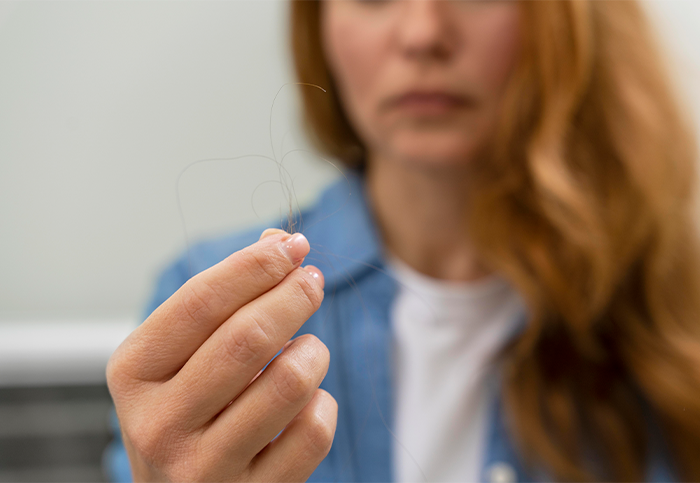One More Reason to Stay Away from Caffeine
Ever wondered if the morning kick of caffeine is the secret ingredient to success? Let’s look at the caffeine consumption habits of successful people. Elon Musk is all about that espresso shot to kick-start his day. Bill Gates? A Diet Coke at work keeps him fuelled and focused. Barack Obama? He’s happily coffee-free, savouring a different morning ritual. And Mark Zuckerberg? He is so anti-caffeine; he thinks latte is just a fancy way of saying milk (pun intended).
So, if we were to plot caffeine consumption against success, we would end up with a scatterplot that looks like a toddler’s first attempt at writing. The truth is, there is no co-relation.
While caffeine is a good way to keep you pumped up for a task with tight deadline or a tough study session but over consumption of caffeine often result in more bane than boon. While no effect of coffee on success is one reason for all the workaholics to stay away from coffee. There is another, more important, effect of caffeine that makes it a no-go beverage especially around nap times.
Effect of caffeine on sleep
Excessive caffeine intake can disrupt sleep cycle. The more well-known effect of over-indulging in coffee cups, is trouble falling asleep or insomnia. A research article shows that caffeine reduces slow-wave sleep, the stage of sleep cycle which is responsible for brain cleansing. R.E.M(Rapid Eye Movement) sleep or deep sleep stage helps regulate emotions and stress. Caffeine reduces the duration of this stage. Unrestricted caffeine consumption increases episodes of wakefulness and leads to sleep disturbances.

It ultimately hinges on melatonin, the sleep hormone. In a study, caffeine was administered to study subjects via coffee, which decreased, melatonin production by more than half, when compared with decaffeinated coffee. This 50% decrease in melatonin means decreased attention, weakened immune system and impaired metabolic functioning.
Melatonin was discovered by Dr. Aaron B. Lerner and his colleagues at Yale University while they were investigating the effects of extracts from the pineal gland, a small gland in the brain. They initially isolated a compound that they named "melatonin" due to its ability to induce skin pigmentation changes in amphibians, which is where its name originates ("melano-" meaning pigment, and "-tonin" reflecting its hormone-like properties).
To prevent all these melatonin deficiency symptoms from impacting the body, Nutrifactor’s MELATONIN is the deal breaker. This natural sleep supplement has 3mg of melatonin so that you can stop tossing and turning in bed on no sleep days.

References:
https://www.cambridge.org/core/journals/advances-in-psychiatric-treatment/article/neuropsychiatric-effects-of-caffeine/7C884B2106D772F02DA114C1B75D4EBF#
https://www.tandfonline.com/doi/full/10.3402/fnr.v56i0.17252#d1e239



